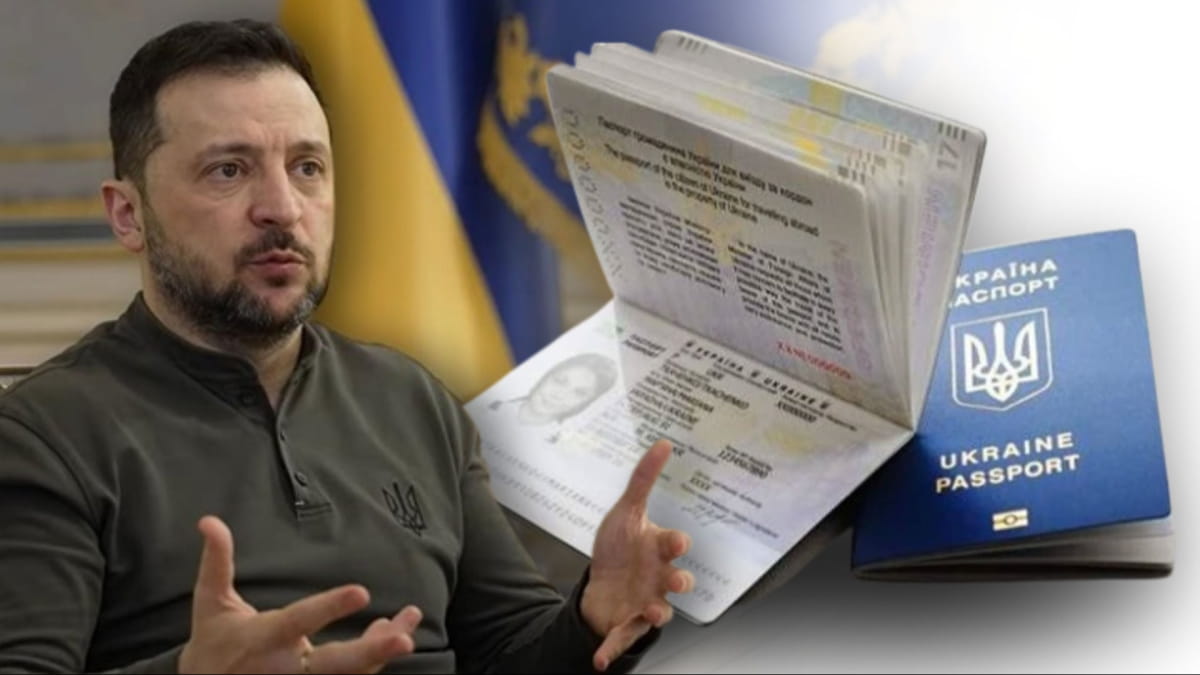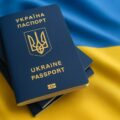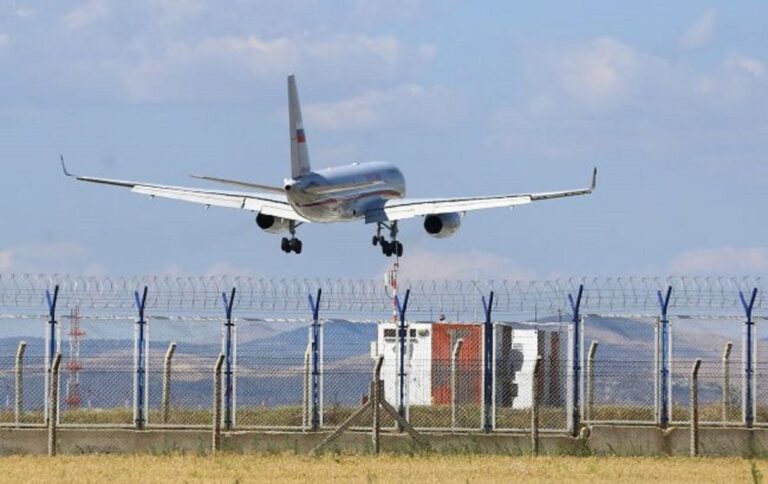
Ukraine Introduces Multiple Citizenship: What the New Law Allows and Which Countries Are Involved
The law on dual citizenship, signed by the President of Ukraine on July 15, 2025, is not just another political initiative but a turning point for millions of Ukrainians around the world. For the first time in the history of independence, the state has officially allowed the possibility of holding a second citizenship without losing Ukrainian citizenship. The focus is not only on the diaspora, but also on strengthening the ties between the state and Ukrainians scattered across continents.
The adopted draft law No. 11469, initiated by the President of Ukraine, was supported by 243 members of parliament. The document introduces the institution of dual citizenship, outlining specific cases in which Ukrainians may acquire another citizenship or foreigners may acquire Ukrainian citizenship without having to renounce their original passport.
Such cases include:
- acquisition by a child at birth of both Ukrainian citizenship and the citizenship of another country;
- acquisition by a child who is a citizen of Ukraine of the citizenship of their foreign adoptive parents;
- automatic acquisition by a Ukrainian citizen of another citizenship as a result of marriage to a foreign national;
- automatic acquisition by a Ukrainian citizen, upon reaching adulthood, of another citizenship due to the application of the laws of another state, provided the person has not received a document confirming that foreign citizenship;
- acquisition of Ukrainian citizenship under a simplified procedure for foreigners who are citizens of countries included in the official list eligible for such procedure;
- acquisition by a Ukrainian citizen of the citizenship of countries from that same list, whose citizens may also receive Ukrainian citizenship through a simplified process.
This list of countries is determined by the Ukrainian government, making the identification of partner states a political matter governed by secondary regulations.
Which Countries Are Included in the Initial List of Partners
During a meeting with the representatives of the Ukrainian World Congress, President Volodymyr Zelensky clearly identified the countries with which the dual citizenship mechanism will be implemented first:
“The first countries with which this mechanism will be applied are Germany, Poland, and the Czech Republic. After that, dual citizenship may be extended to Canada and the United States.”
Thus, a priority list of countries is already being formed, with which Ukraine intends to develop a legal framework for implementing the new law. This will allow millions of Ukrainians living in these countries to legalize their status without violating Ukrainian legislation.
What This Changes for Ukrainians Abroad
The President explained the motivation clearly and unambiguously:
“Thanks to dual citizenship, we will be able to create more real legal foundations for the unity of our great people millions of Ukrainians on all continents, as well as those representatives of other nations who have linked their lives with Ukraine.”
In other words, the goal is not merely bureaucratic formalization but integration of national identity, regardless of geography. The law enables those who have left Ukraine due to war, education, or personal reasons to maintain their legal connection to the state.
Post List
What Was Changed in the Draft Law Before Final Adoption
Member of Parliament Iryna Herashchenko separately noted that the draft law was significantly improved between the first and second readings. She stated:
“At the same time, the draft law does not contain a direct provision prohibiting the simplified acquisition of Ukrainian citizenship by Russian citizens. The criteria for countries whose citizens may obtain Ukrainian citizenship will be determined by the Cabinet of Ministers.”
Additionally, the working group added a mandatory exam requirement on knowledge of the Constitution of Ukraine, national history, and the Ukrainian language for foreigners seeking Ukrainian citizenship. This step is not only a logical response to security risks but also a means of protecting national sovereignty and cultural identity.
Background: A Long Path to Legalization
Back in 2021, President Zelensky submitted five draft laws on dual citizenship to the Verkhovna Rada. However, all of them were only registered and never brought to the session hall. One of the proposals contained restrictions for Ukrainians holding a second citizenship, but no mechanism was ever implemented.
In June 2025, the Verkhovna Rada finally passed the updated law, and on July 15, the President signed the document, launching a new legal framework. The government was instructed to develop the necessary secondary legislation, including the designation of partner countries.
Why This Decision Matters Beyond the Diaspora
The introduction of dual citizenship is first and foremost a political recognition that Ukrainians abroad remain Ukrainians, even if they hold another passport. In times of war, when millions have been forced to flee their homes, this move sends a clear message: the state does not forget its citizens.
The law also lays the foundation for engaging Ukrainians in the reconstruction of the country, giving them the right to participate fully in public life without having to sever ties with another country. At the same time, a selective approach to defining partner countries helps maintain a balance between openness and security.
This decision does not dilute identity it strengthens it, expanding the space for national unity despite distance, language, or a second passport in one’s pocket.















